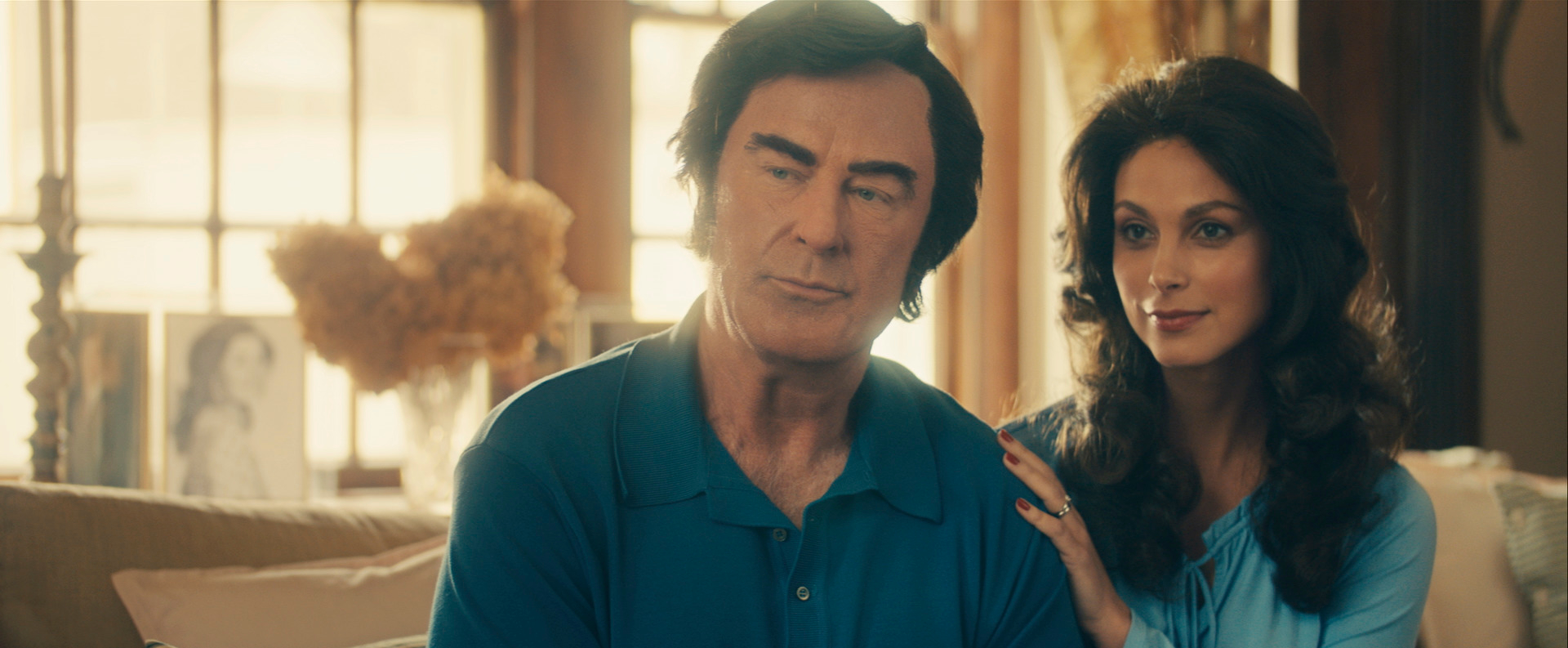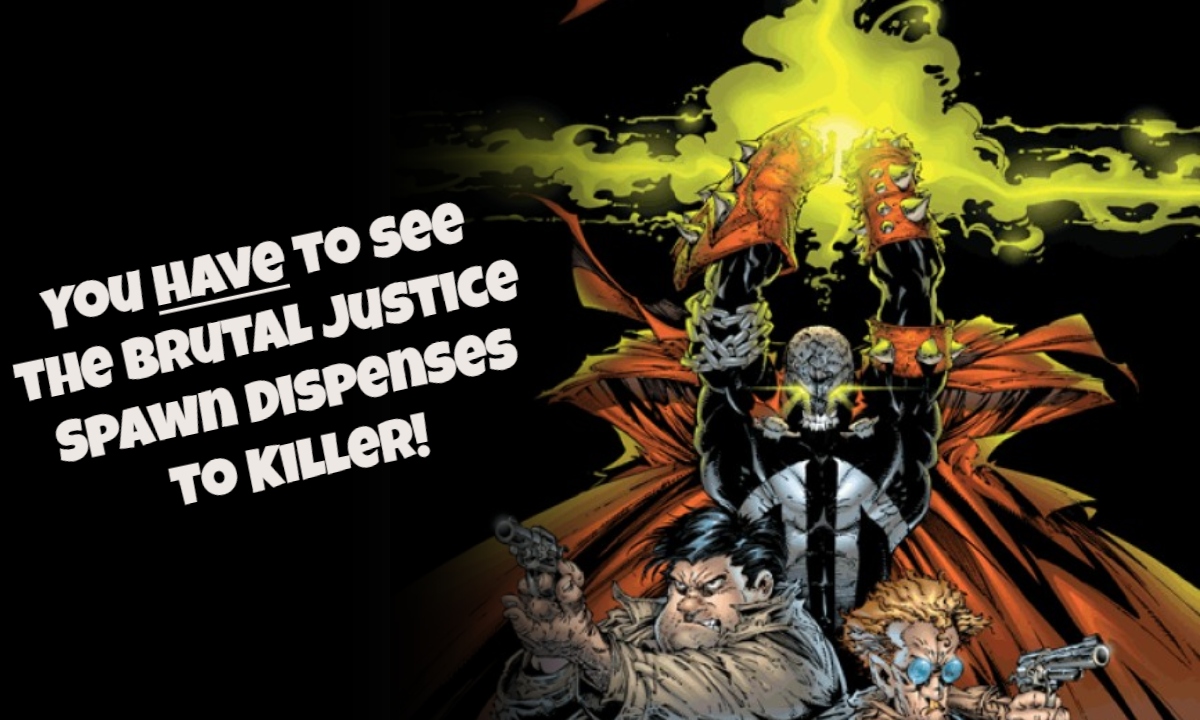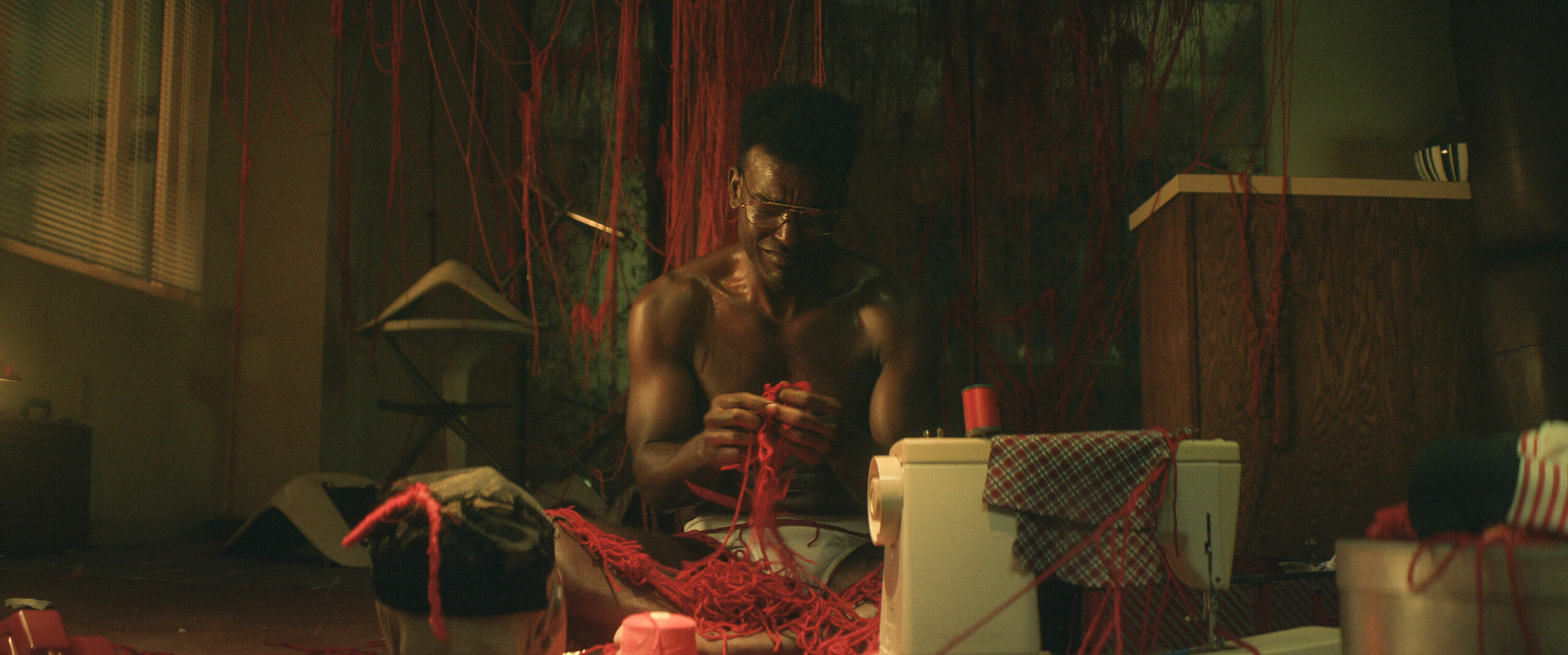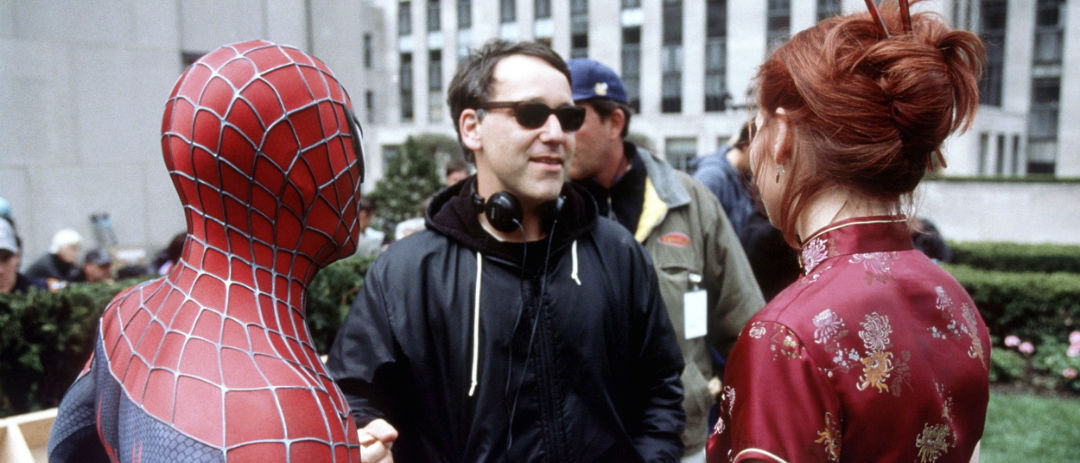
Framing John DeLorean takes a close look at the life of the man who created the most famous car in Hollywood history. You may think you know John DeLorean, but you don’t until you’ve seen this wonderful documentary with a blend of interviews, real footage, and reenactments starring Alec Baldwin and Morena Baccarin. The Film is available now.
LRM Online had the pleasure of speaking exclusively with the film’s Directors Don Argot and Sheena M. Joyce
LRM: The first thing I want to kinda get into, and I’m sure you’ve gone over it with others but what is it about John DeLorean, his story, that appealed to you, that drew you to this project?
Sheena M. Joyce: I think it’s a good question. Don and I didn’t know a whole lot about John DeLorean other than I think what most people knew and what was on the surface. We were intrigued that Hollywood was fascinated by this guy, that there were these competing biopics that were all greenlit by, you know, super legit people in the industry and none of them came to fruition. And why was that? What was it about this guy that is so fascinating, that you know, he seems like this guy made for the screen that was larger than life, that had this colossal fall but why? And what happened? And what was behind that? And who were the people left behind? And just kind of I guess getting to the heart of that story became really interesting to us and to do it through these different frames through which, you know, people view him. We hoped would help reveal the true character.
LRM: When you’re making a documentary like this, did you guys feel there were any difficulties to kind of avoid some of the embellishments seen in other media? Was it hard to keep this film grounded? Because I mean, this is a really good, thorough, documentary.
Don Argot: Thank you. Yeah, I mean whenever you’re doing a film, and I think this is true for the biopic, and I think one of the hard things about telling John’s story in you know the span of 90 minutes or 2 hours in a biopic is, you know, you really don’t have a lot of time to be, to get into all the different areas of his story that span multiple decades.
So, you know, I think a lot of film scripts maybe could just focus on the drug trial, or… but you know his story is so much more rich than that and every part of his story kind of gets you to the next part of his story. So, I think that the hardest thing was making sure that we could, you know, really tell a version of this story that did touch on all that we felt the important elements that weren’t just marred in like the drug trial. Because obviously, it’s the lowest hanging fruit, it’s the easiest, it’s got the most, you know, kind of like, you know, made for drama moments in it.
But there is so much more to this story that was equally as interesting that not a lot of people had ever really spoken about. And then additionally, as you said, this idea of the characters surrounding him, I mean that is, that is a big part of trying to paint a complete picture of you know, how his actions affected the people that were the closest to him. So, you know, it was important for us to be able to speak to Bill Collins and Bill is somebody who is so important to John’s story but certainly doesn’t get anywhere near the recognition that he deserves within the development and the creation of that car. And then obviously his kids and what they had to endure and what they’re still kind of like dealing with now. The fact that their father has been passed away for 15 years and you know they’re still dealing with the fall out to a degree.
LRM: There are a lot of ways to do a documentary film, you guys went a kind of hybrid bio, with you know reenactments, a biopic feel with a documentary film. Why did you decide to go that route in particular instead of just interviews and stock footage?
Sheena: I think two reasons, you want to challenge yourself as filmmakers, you don’t want to do the same thing over and over again you want to try and be more creative than just talking head, archival, talking head, archival. It’s particularly challenging when you’re telling someone’s story who is not with us anymore. So there’s not this like active event or process that we’re following. That can get kind of boring.
But I think you know just, knowing about these Hollywood projects that never went anything and playing with the idea of the frames through which we see someone and the lenses that we look through and how you know someone can be both hero and villain and how do you really know a person and what’s the truth and how do you get to know that real story and why do so many people think they have the real story but they’re so different from each other? Giving us, shooting the behind the scenes of the making of the narrative and the narrative and the traditional doc stuff kind of allowed us the flexibility we felt to tell the most complete story.

LRM: When it comes to Alec Baldwin (played John DeLorean), I’d just kind of like your guys’ feel of him on set. You guys put in this film where he’s literally kind of doing what some actors do, “Well, this is what I’m seeing in my head as what John would be doing and what do you guys think about doing this scene or this way or that way.” With his type of input into things, how did that play with you guys and your original ideas going into any specific scene?
Sheen: I think we welcomed it, we wanted it. Alec is incredibly thoughtful and smart and talented and has some really interesting questions about John that led to some cool insights I think into you know the man and the character. And just as we kind of honored Zach’s wish and the way that he thought the film should end, you know, we wanted to play around with some of Alec’s ideas too. Certainly, he’d give Don and I… everything in the film happened how we envisioned it in one sense but we’re pretty collaborative. We loved his ideas and this breaking the wall down and letting people see behind the scenes and why not collaborate with Alec like that?
Don: I also think that that is really where we’re the most comfortable, where we don’t walk into a situation with, you know, especially when you’re doing a documentary following a process or real life. I mean, you’re there to capture it and you’re there to be moved by it and then to also know where you can incorporate things that are good ideas and know to stay away from other ideas. I think that kind of approach to documentary film making I think is essential because you never want to go in and say this is how the film’s gonna be, this is how I’m gonna make it and you just kinda keep imposing your will or your idea when all these other things around the project are presenting themselves to you but you’re not willing to accept them.
LRM: One more question on kind of the story side and dealing with DeLorean and approaches. Did the negatives overshadow the light too much and if so how did you guys approach to get a good balance to give us the total picture of John that you did give us?
Don: That’s a great question because I think even any kind of documentary filmmaker you become sensitive to the people that you are working with and obviously you want to remain objective but you also feel like you have a responsibility as a filmmaker/journalist, you know someone who gets to know people on an intimate basis, there is, when you have somebody like Kathryn and Zach who are telling their version of their father which is more on the positive side but certainly some negative in there. Then you have somebody who is burned by John, say something kind of not very flattering, there is that feeling of “oh man I hope the kids don’t think this is too harsh” but it is true and it has to be put in there.
I think just on a human level you can’t make films without that kind of attachment or that empathic gene I guess, that you feel that you don’t want to just paint somebody with a broad brush and say they’re one thing or the other. I think this was a great exercise for us to really you know kinda drill down on this idea of like, who are we as people anyway? How do people see us? Are we the best versions of ourselves all the time? Obviously, our enemies will speak ill of us and people we live will speak nice of us but what version of that is true ultimately, it depends on who you talk to. So I think trying to get all those perspectives in there was challenging but it was important to get a more clearer picture of who this guy was.
Sheena: What’s been the most heartening and encouraging for us has been hearing from Christina and Catherine specifically about the film and they both said that we got it right.
LRM: A really well-done documentary that goes beyond the car itself- this is not about the car, this is about John and I absolutely love it. Great job guys, thank you so much.
Sheena: Thanks, we really appreciate it.
Don’t forget to share this post on your Facebook and Twitter using the buttons at the top! Or you can react to the post down below!
—–
Have you checked out LRM Online‘s official podcast feed yet, which includes our flagship podcast Los Fanboys, our premiere podcast Breaking Geek Radio: The Podcast, and our morning show LRMornings? Check it out by listening below. It’s also available on all your favorite podcast apps!

 FOR FANBOYS, BY FANBOYS
Have you checked out LRM Online’s official podcasts and videos on The Genreverse Podcast Network? Available on YouTube and all your favorite podcast apps, This multimedia empire includes The Daily CoG, Breaking Geek Radio: The Podcast, GeekScholars Movie News, Anime-Versal Review Podcast, and our Star Wars dedicated podcast The Cantina. Check it out by listening on all your favorite podcast apps, or watching on YouTube!
Subscribe on: Apple Podcasts | Spotify | SoundCloud | Stitcher | Google Play
FOR FANBOYS, BY FANBOYS
Have you checked out LRM Online’s official podcasts and videos on The Genreverse Podcast Network? Available on YouTube and all your favorite podcast apps, This multimedia empire includes The Daily CoG, Breaking Geek Radio: The Podcast, GeekScholars Movie News, Anime-Versal Review Podcast, and our Star Wars dedicated podcast The Cantina. Check it out by listening on all your favorite podcast apps, or watching on YouTube!
Subscribe on: Apple Podcasts | Spotify | SoundCloud | Stitcher | Google Play




